Dogs are just as susceptible to illness and disease as humans are, but it can be difficult to tell if your dog needs medical attention or not. Of course, dogs do get sick more often than we do (most dogs will have at least one infection in their lifetime), but knowing when it’s just an issue with the immune system and when you should take them to the vet can make the difference between a simple treatment at home and an expensive trip to the emergency room. Here are 10 surefire signs that your dog has an infection that requires medical attention.
1) Drooling
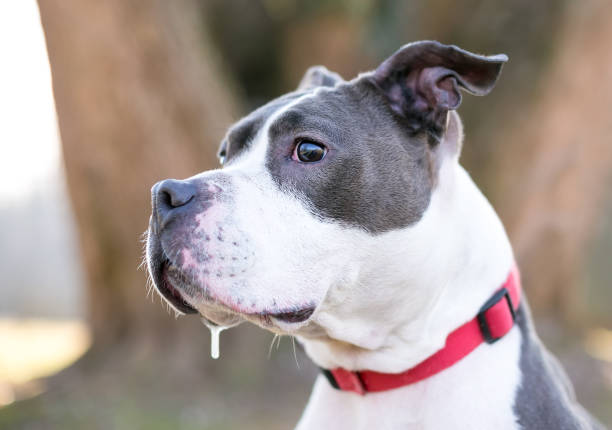
Dogs are prone to drooling as a result of many different illnesses, so it’s not always a clear sign of an illness. The most common causes for excessive drooling in dogs are dental disease, neurological disorders such as dementia or brain tumors, liver disease, heart disease, fever (which can be caused by any number of infections), pancreatitis or inflammatory bowel disease (IBD).
2) Lethargy
If you notice that your pup has been sleeping a lot more or less than usual, it could be a sign of an underlying health issue. Lethargy can also be related to pain, which can be caused by an injury or illness.
3) Eye discharge or irritated eyes
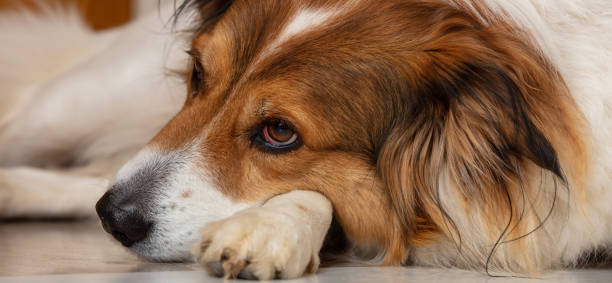
If you notice a yellow or white discharge from one or both of your dog’s eyes, it could be an indication of a systemic illness such as liver disease, kidney disease, diabetes, hyperthyroidism, heart disease, lung disease or cancer. If the discharge doesn’t go away within 24 hours or gets worse after trying home remedies such as increased water intake and eye ointment like artificial tears (for humans), take your pup to the vet.
4) Change in elimination habits
A change in elimination habits, like urinating or defecating outside of their designated area, can be a sign of a variety of health problems. If the change in elimination habits persists for more than one day, it’s worth taking them to the vet to get checked out.
5) Bad breath
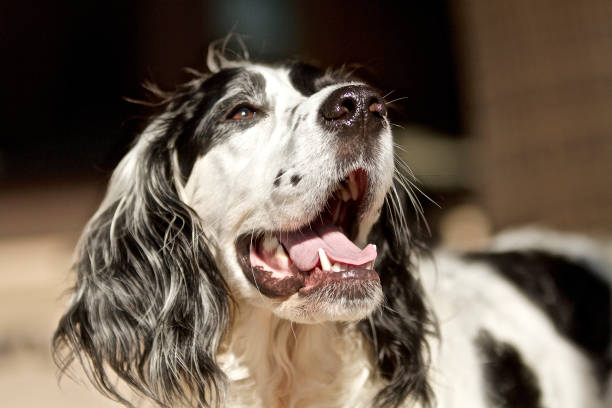
Bad breath can be a sign of gum disease, which is an infection of the tissue lining the mouth. The bacteria in the mouth attack healthy tissues, leading to inflammation, bleeding, and pain. This process can be treated with antibiotics if caught early enough. But if left untreated, it can lead to other health problems like heart disease or even death.
6) Foul odor coming from mouth, nose or ears
A foul odor coming from the mouth, nose or ears can be an indication of a serious infection. When bacteria builds up in these areas, it produces an unpleasant smell. This type of symptom should not be ignored as it can lead to other health problems such as pneumonia or an ear infection.
7) Trouble breathing
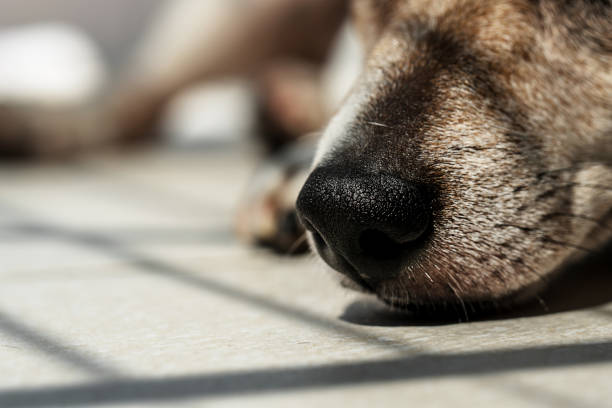
If you notice a change in your pet’s breathing habits, take them to the veterinarian as soon as possible. Your pet may be having trouble breathing due to heart failure, asthma, congestive heart failure, pneumonia or other respiratory illness. If left untreated, the condition could worsen quickly.
8) Coughing
Coughing in dogs can be a symptom of many different illnesses. Sometimes the cause of the cough will be obvious. However, there are other times when it can be difficult to know what could be causing the cough.
9) Change in appetite
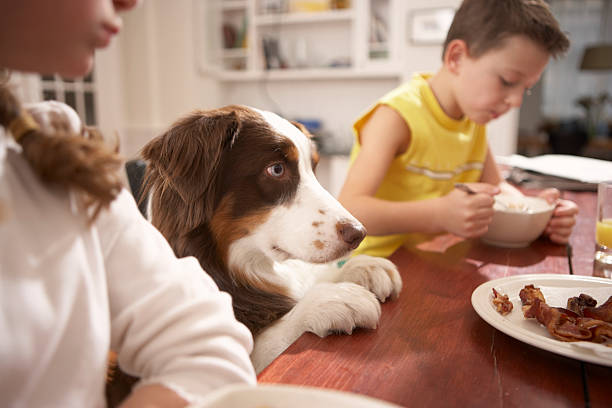
If you’ve been noticing that your pup has been eating less, it’s time to get them checked out by the veterinarian. One of the most common reasons for decreased appetite in dogs is gastrointestinal illness, which can be caused by a number of things including infectious diseases such as parvovirus or panleukopenia, parasites such as giardia, or cancer. If you’re looking for other signs of illness in your pet, make sure to read our post on 10 Signs Your Dog Is Sick!
10) Vomiting, diarrhea or both
When dogs vomit or have diarrhea, it can be a sign that they’re not feeling well. If you notice either of these symptoms, take your pet to the vet as soon as possible. He may need treatment for an illness such as pancreatitis or Cushing’s disease. Dogs who are dehydrated from vomiting and diarrhea may need fluids administered intravenously at the vet’s office.
